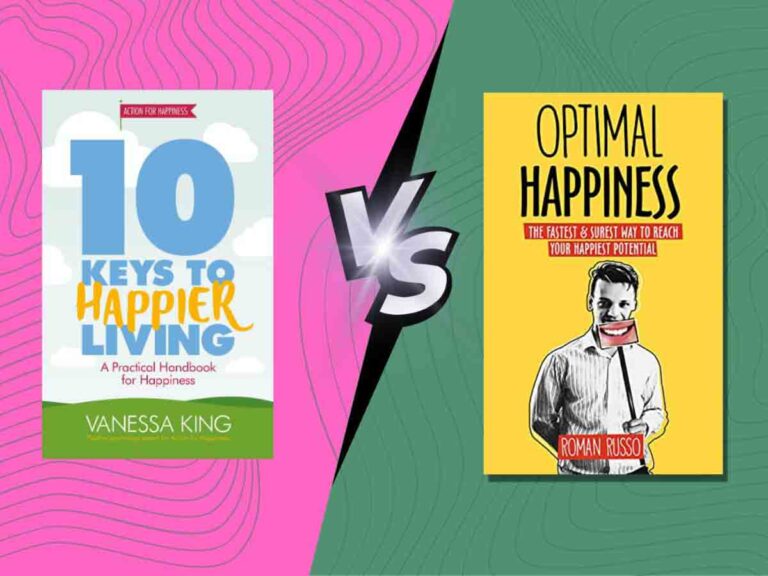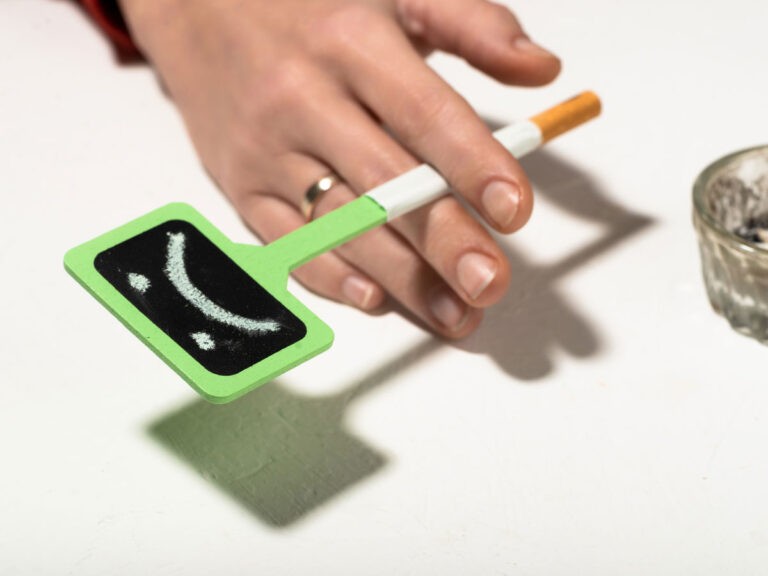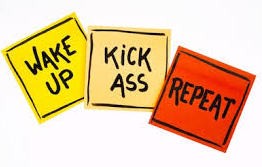For those of us interested in mathematics, I propose 13 happiness formulas that will forever change your life. These formulas will teach you how to look at something so ambiguous and subjective as happiness from a purely logical and mathematical perspective.
Here are the 13 happiness mathematics formulas:

1. Return-on-Happiness (ROH)
This is a happiness formula that measures how much happiness we derive from any given activity and how to maximize this happiness.
This formula is better explained in Return-on-Happiness (ROH) blog post.
2. Happiness 10 out of 10
This is a way to measure our potential for happiness on a 10 point scale, with 10 being as happy as we possibly can be and 0 being as unhappy as we possibly can be.
How to measure happiness is a blog post that is coming up soon, so please subscribe to our blog to hear about it first!
3. We need $75.000 to be happy
A new study by Princeton University states that we need no more than $75.000 a year to feel happy. After this, additional money won’t lead to more happiness, not in any significant way, which is why we are suggested to stop earning money if the reason we are earning money is happiness.
4. We don’t need $75.000 to be happy
To contrast the above study with actual happiness theory, we learn that it actually takes much less than $75.000 per year to be happy. In other words, $75.000 is how much money we need if we don’t know anything about happiness theory. Provided this research, we can learn how to decrease this number dramatically and still be extremely happy.
To learn more visit our happiness masterclass.
5. The Six Pillars of Happiness
This is a model for happiness optimization that teaches the science and art of happiness optimization. Simply, the Six Pillars of Happiness are the six areas of life that we need to satisfy sufficiently to feel happy.
Learn more about the Six Pillars of Happiness in our book Optimal Happiness.
6. The 50% Rule
This is a complementary formula to the Six Pillars of Happiness. It explains which areas of life we should focus on first in order to achieve our happiest potential in the fastest and surest way possible.
The 50% Rule is also discussed in the Optimal Happiness book.
7. The Losada Ratio of 2.9013
2.9013 is the minimum ratio of positive to negative emotions we need to experience positivity, happiness and flourishing. If we experience anything less than 2.9013 positive emotions, then this is why we are unhappy and languishing.
Learn more about Losada Ratio here.
8. 21 Deathbed Regrets
The 21 deathbed regrets are lessons on how we should lead our lives based on a lifetime of regrets given to us by people who are dying. We should listen to these lessons before it’s too late.
Learn more about deathbed regrets here.
9. Gross National Happiness (GNH)
Gross National Happiness is a concept first introduced in Bhutan, rapidly becoming popular in the rest of the world as a way to measure national development.
Learn more about Gross National Happiness here.
10. 5 Happiness Chemicals
Dopamine, endorphin, oxytocin, serotonin, and cortisol are the main 5 chemicals of happiness. Each plays a vital role in how we feel in any given moment of our lives.
Learn more about the 5 Happiness Chemicals here.
11. Universal Basic Income
Although it is not necessarily a fixed number, Universal Basic Income is the amount of money people should receive with no strings attached on a regular basis. Much research is done on Universal Basic Income, why it works, and why we should become the norm in our lives asap!
Learn more about Universal Basic Income here.
12. 10 Years Rule for Traveling
This 10 Year Rule states that after 10 years people start taking their surroundings for granted. This is why we recommend people to change their housing, or even better country, every 10 years. At the very least, people should make a regular appointment to go traveling if they want to feel happy.
Learn more about the 10 Years Rule here.
13. Duality of Life Theory
The Duality of Life theory states that there is a positive in everything negative and a negative in everything positive. We are, therefore, told that we are unable to escape negativity, while at the same time we are given the ultimate formula for unconditional happiness, which stands at the foundation of Optimal Happiness.
Learn more about the Duality of Life Theory here.
14. Growth & the Inflation of our Well-Being
If, for example, inflation is 5% this year, this means that next year our money will be worth 5% less. To break even, we need to make sure that our income is growing at least 5%, as otherwise our wealth is just shrinking. Likewise, to grow our wealth, we need to ensure that our wealth is growing more than 5% per year.
Similarly, our world is constantly growing and evolving, so we can’t just sit back and enjoy the status quo, as progress can easily overtake us and leave us behind. Therefore, we always need to be doing a bit more to ensure that our lives are proactively progressing in the right direction.















